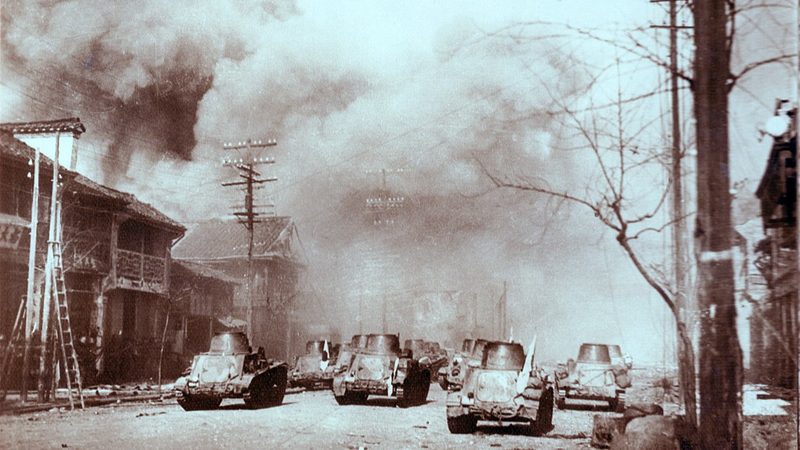On June 29, scholars and experts from the Chinese mainland, Japan, the United States and other regions gathered at Changchun Normal University and Musashino University for a moving symposium marking the 80th anniversary of the victory in the Chinese People's War of Resistance Against Japanese Aggression and the World Anti-Fascist War.
Drawing on oral histories and privately held archives, participants laid bare Japan's wartime atrocities—from the notorious Three Alls Policy to the Nanjing Massacre—calling on contemporary Japan to officially acknowledge these chapters of history.
Tamiko Kanzaki, once a translator for Japan's national broadcaster NHK, shared her personal journey growing up in the puppet state of Manchukuo. "I was taught patriotism through militaristic lessons," she said. "Facing these truths isn't about blame—it’s about learning."
Yoichi Jomaru, a former Asahi Shimbun journalist, critiqued his country's media for a selective wartime narrative. "Coverage often downplays aggression in the Chinese mainland while amplifying Japanese suffering, like the atomic bombings," he noted, urging reporters to defend historical truth.
Historians emphasized oral history’s power to connect generations and safeguard collective memory. An accompanying exhibit at Musashino University showcased letters, photographs and battlefield correspondence preserved by Japanese civilians—silent witnesses to a turbulent past.
Li Suzhen, executive vice president of the Sino-Japanese Oral History and Culture Research Association, stressed that remembering history "is not about perpetuating hatred but about forging a shared commitment to peace and friendship."
As calls for historical reconciliation grow louder, the symposium highlighted a simple yet profound message: confronting the past is a vital step toward a more peaceful, informed future.
Reference(s):
cgtn.com




